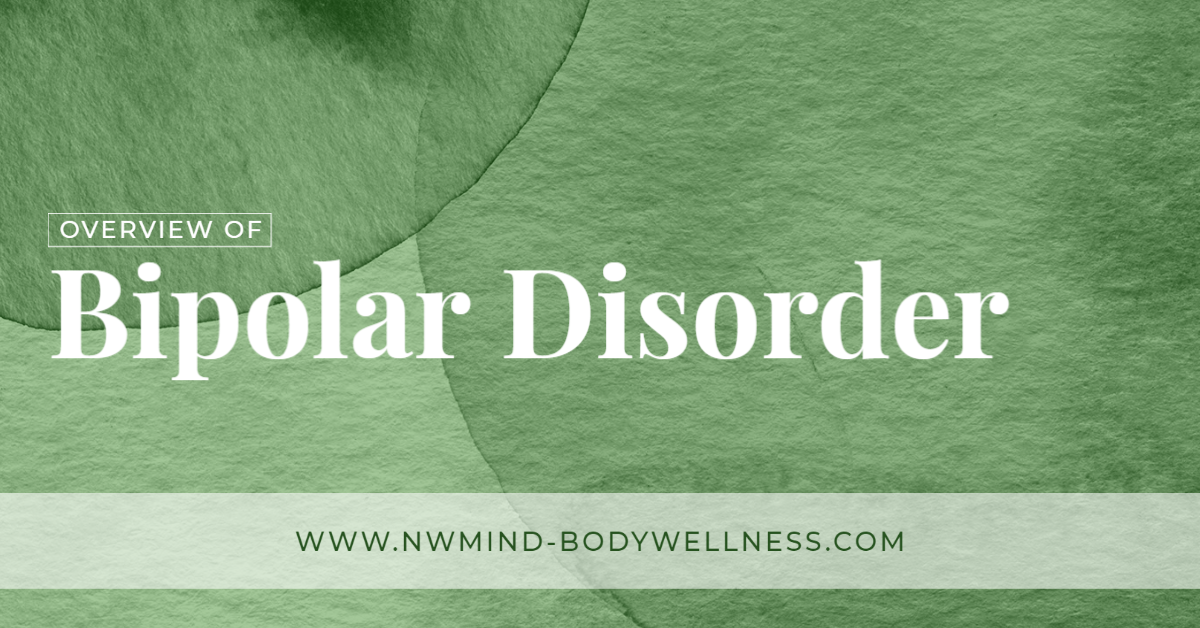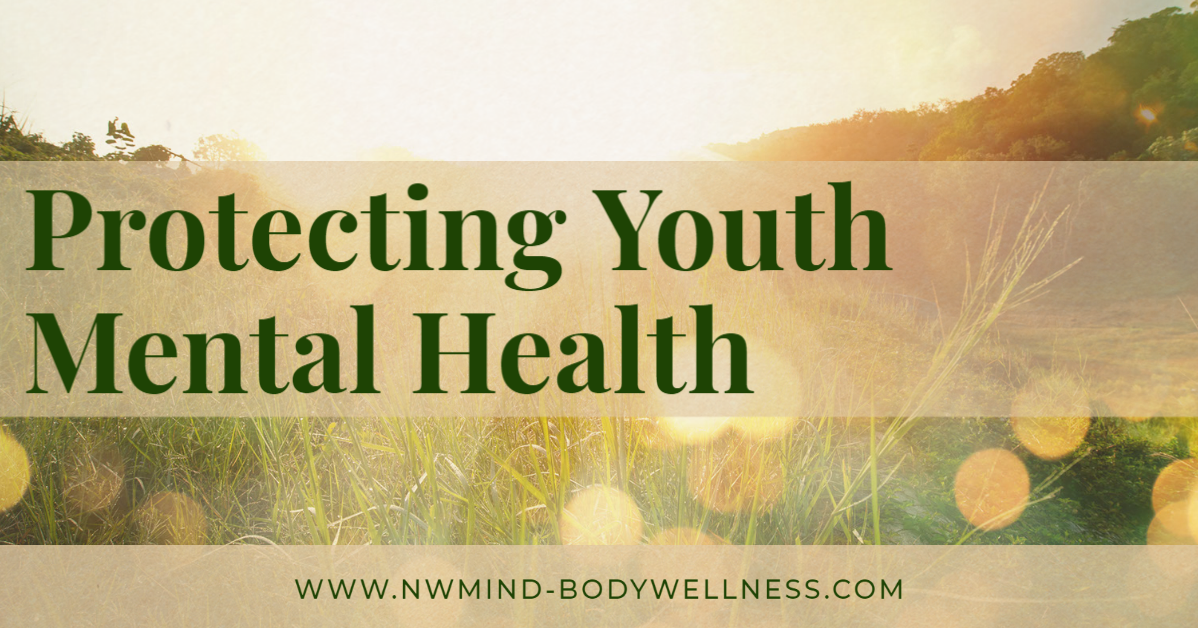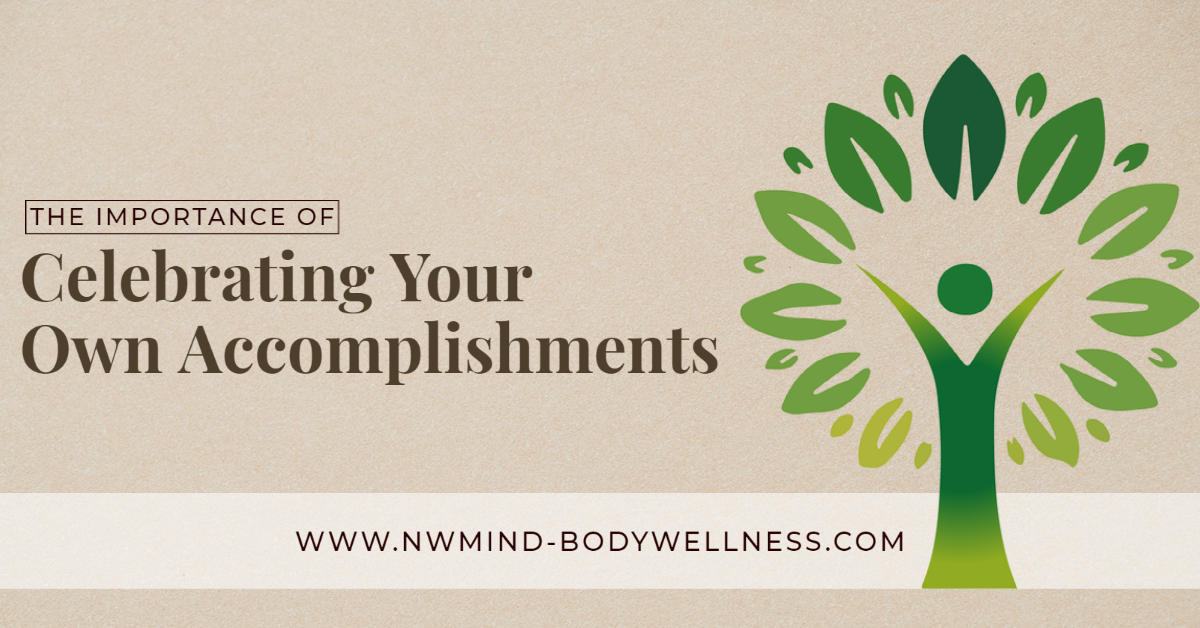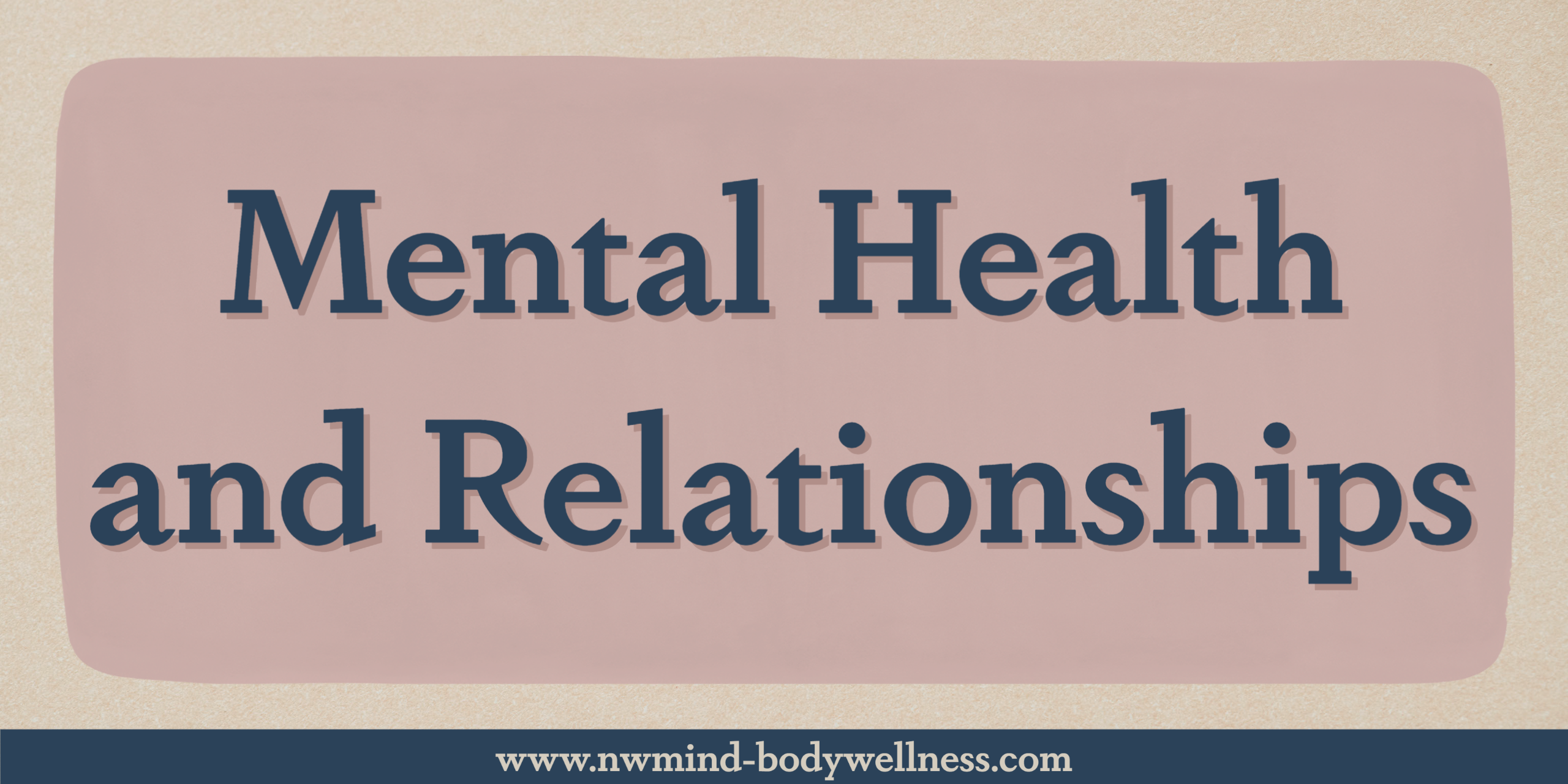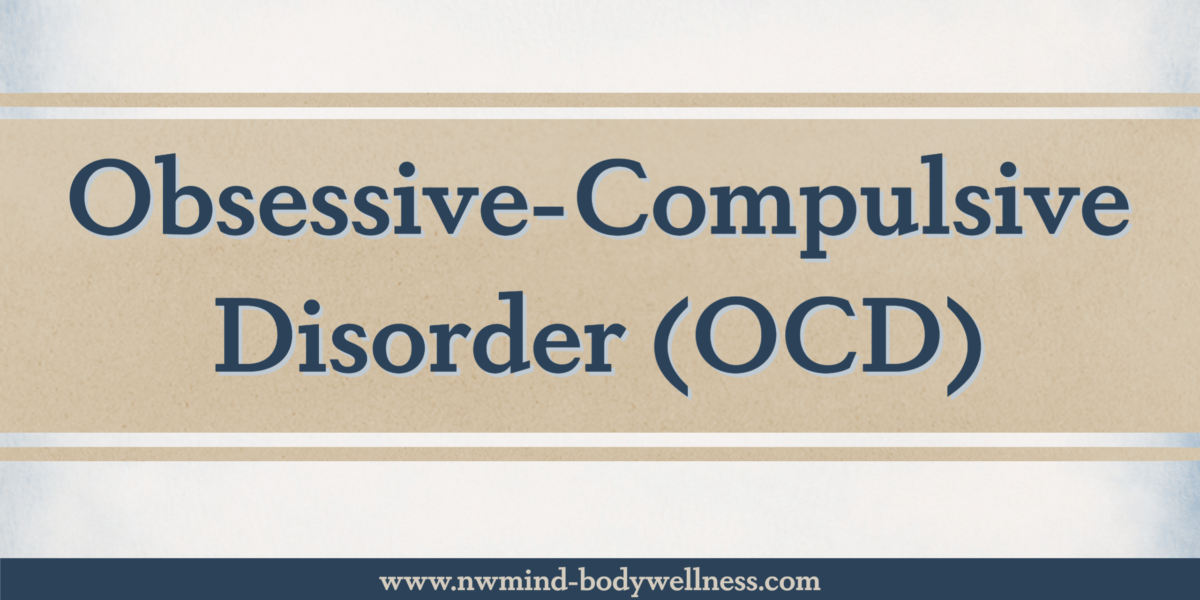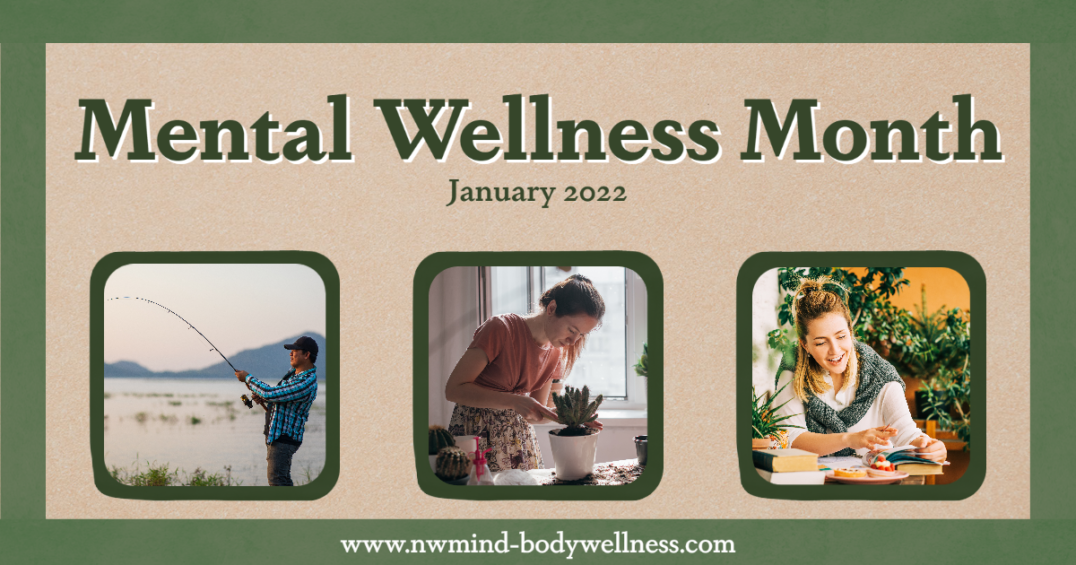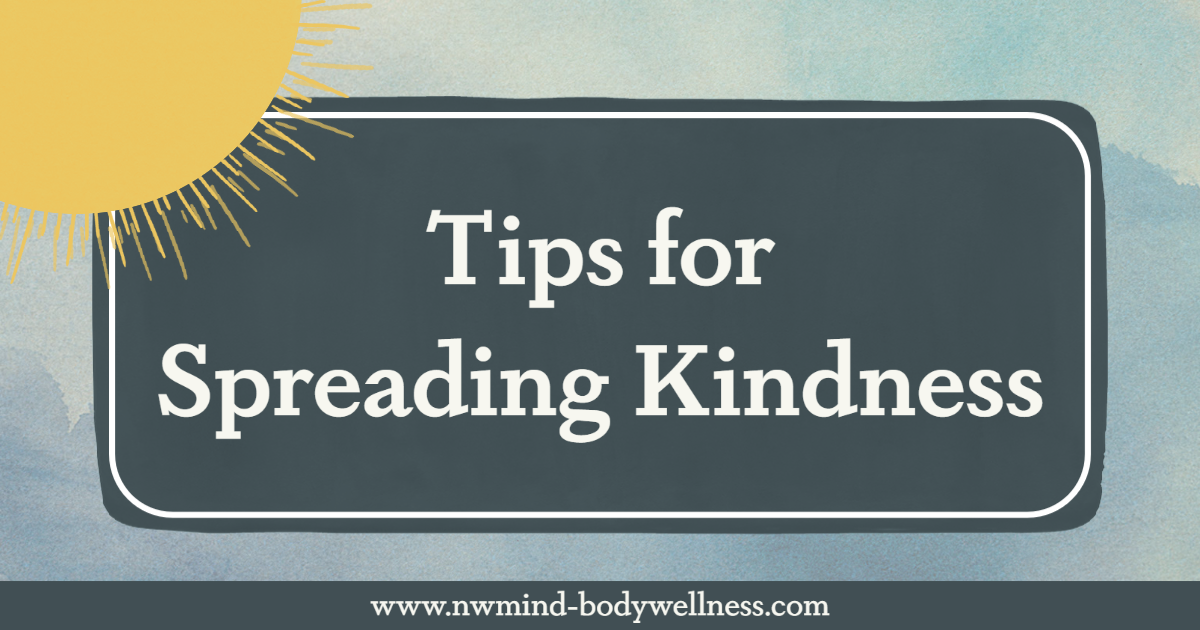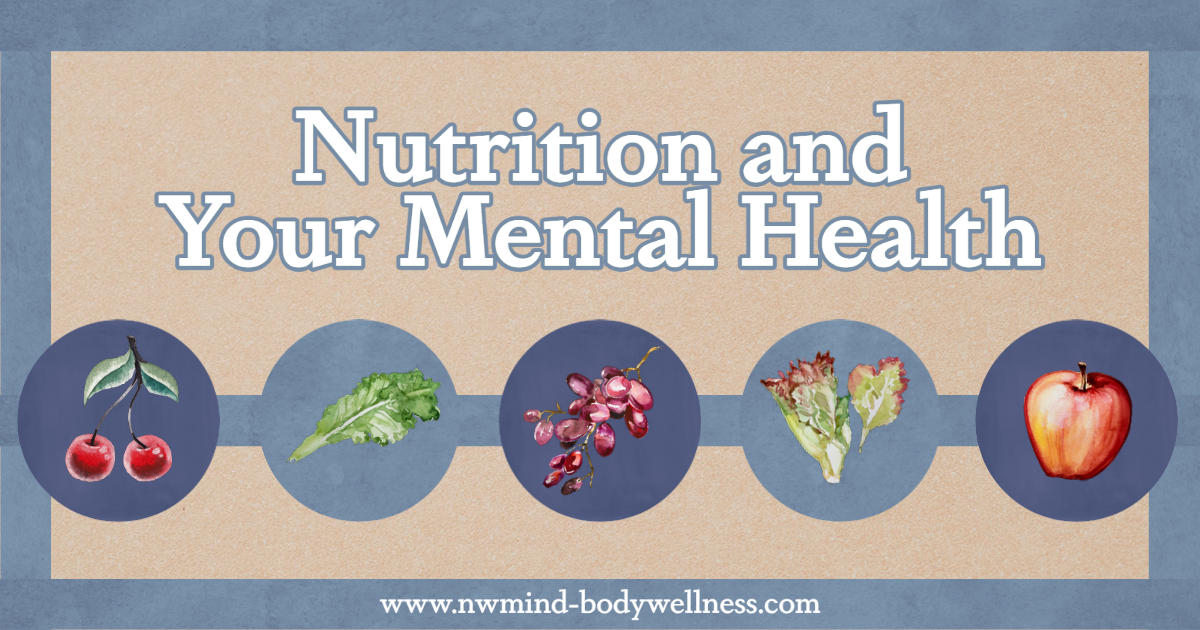Overview of Bipolar Disorder
Bipolar disorder is a mental illness that causes dramatic changes in one’s mood, ability to think, and energy. Individuals with the disorder experience extreme highs and lows, which are known as mania and depression. Typically, mood swings only occur rarely, but may occur multiple times in a year. In between episodes, some individuals may not experience any symptoms.
The average age-of-onset of bipolar disorder is typically around 25, however, it can occur earlier. According to the National Alliance on Mental Illness, approximately 2.8% of the United States population is diagnosed with bipolar disorder.
The symptoms of bipolar disorder can interfere with daily life, and may worsen if left untreated. However, with treatment many individuals may find relief from symptoms and a better ability to live with the condition.
Types of Bipolar Disorder
There are different types of bipolar disorder, each with their own defining characteristics.
- Bipolar I Disorder: defined by severe manic episodes lasting at least seven days, as well as depressive episodes lasting at least two weeks
- Bipolar II Disorder: defined by pattern of depressive and hypomanic episodes, but not manic episodes as severe as with Bipolar I
- Cyclothymic Disorder: defined by periods of depressive and hypomanic symptoms lasting for at least two years, however, the symptoms do not meet the diagnostic requirements for a hypomanic episode and a depressive episode
SYMPTOMS
People having a manic episode may:
- Talk faster or more than their usual
- Feel jumpy or wired
- Be distractible
- Have decreased need for sleep
- Have heightened self-confidence
- Think they can do many things at once
- Engage in risky activities
- Feel “up”
- Feel irritable
- Experience a loss of appetite
People having a depressive episode may:
- Feel slowed down
- Feel sad or hopeless
- Have trouble sleeping or be sleeping too much\
- Decreased ability to think or concentrate
- Be forgetful
- Talk slowly
- Have little or no interest in activities that are normally enjoyable
- Feel empty
Treatment
Treatment can often provide individuals relief from symptoms. Plans may vary but commonly include a combination of:
- Psychotherapy
- Psychotherapy (talk therapy) helps reduce symptoms of bipolar disorder for many. This type of therapy aims to help individuals identify and change negative emotions, thoughts, and behaviors.
- Medication
- Some medications may help decrease the symptoms of bipolar disorder. Many people work with their health care provider to try a few medications before deciding which is best for them.
- The medications used to treat bipolar disorder include mood stabilizers, second-generation antipsychotics, and antidepressants. In addition, medications used for sleep or to decrease anxiety may be prescribed.
Finding TREATMENT AND RESOURCES
- To learn more about bipolar disorder, we recommend contacting your health care provider.
- To read a further overview of bipolar disorder, the following resources are suggested:
Return to home page: https://nwmind-bodywellness.com/
Read more articles: https://nwmind-bodywellness.com/articles
